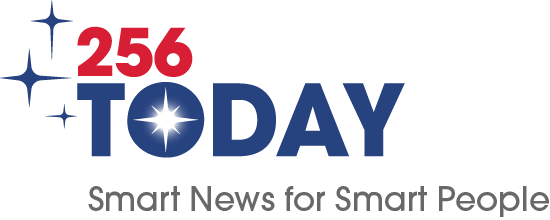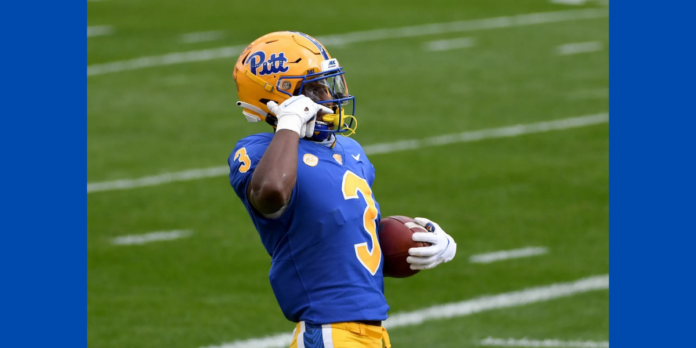Less than a year since the NCAA policy went into effect, the Name, Image and Likeness (NIL) system is already completely out of control. Does it matter? In a sport like college football where fans and experts constantly clamor for change, is transformation necessarily a bad thing?
This column has already run through the basics of NIL deals, so we’ll skip that overture today. The question we aim to answer today is if the NIL system operates in a negative space, past a point of no return.
SILLY HEADLINES
Public opinion will never work in favor of NIL deals. Regardless of its effect on a student athlete’s performance, people hate it when kids make money. When said kids spend said cash like kids do, they turn into Yosemite Sam. There’s plenty to add to that baked-in ingredient of ̶j̶e̶a̶l̶o̶u̶s̶y̶ anger. Deals were announced on the policy’s first day.
By noon of June 1 last year, Miami quarterback D’Eriq King had already signed four sponsorship deals. For his on-the-field efforts, NFL teams declined to draft King 262 times and he signed with the Patriots as an undrafted free agent.
The eye-popping and downright silly headlines didn’t stop there. High school athletes started to ink deals. Colleges began to pool money to provide to potential commitments. The Atlanta Braves entered the chat. A guy named Kool-Aid signed with, you guessed it, Kool-Aid.
NOT ALL TO BLAME
College sports has arguably changed more in the past five years than in any other period in its history. But the changes brought by NILs couldn’t exist without the transfer portal.
Last month, Miami basketball guard Isaiah Wong threatened to enter the transfer portal – through his agent, of course – if his NIL compensation wasn’t increased. Moves like this haven’t been unique over the last year, but this professionalizing of college sports is usually the top argument against NIL deals. College wide receiver Jordan Addison’s recent high-profile exit from Pittsburgh is a prime example of this.
IS IT A BAD THING?
So, with a little help from its friends, NIL deals have certainly upended major college sports. Is that a bad thing? It’s tough to say. It feels like things should slow down, but does it just feel like that because I’m an old man who’s terrified of change?
Athletes are finally getting compensated for their blood, sweat and tears. That’s good. NIL deals either make shady booster deals obsolete or at least bring them to light where they can be scrutinized and regulated. That’s great!
There are certainly negatives for athletic departments who entered this era with cobwebs in their wallets or aren’t affiliated with big businesses that can lure players away overnight. Even smaller schools are tapping micro-influencers to stay relevant to recruits.
When we stop and think about it, it’s hard to find any good-faith argument against NIL deals. In year two of the policy, it looks like any potential threat on the horizon isn’t to fans, athletes or even coaches, but only to those with the most power in college sports.
What did we get wrong? Let us know on Twitter or Instagram. Listen to Throw the Flag below or wherever you get your podcasts.
Don’t miss out! Subscribe to our email newsletter to have all our smart stories delivered to your inbox.



